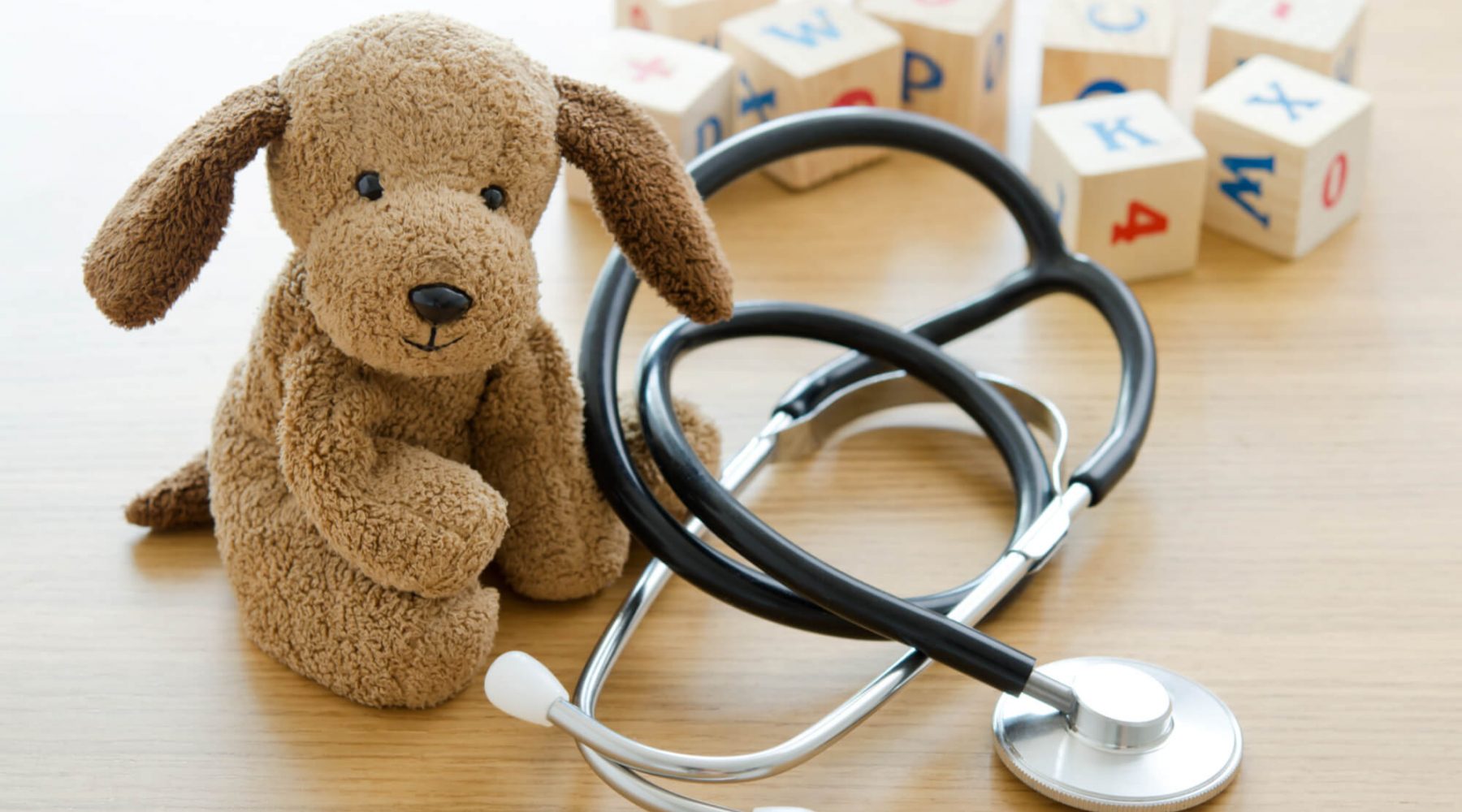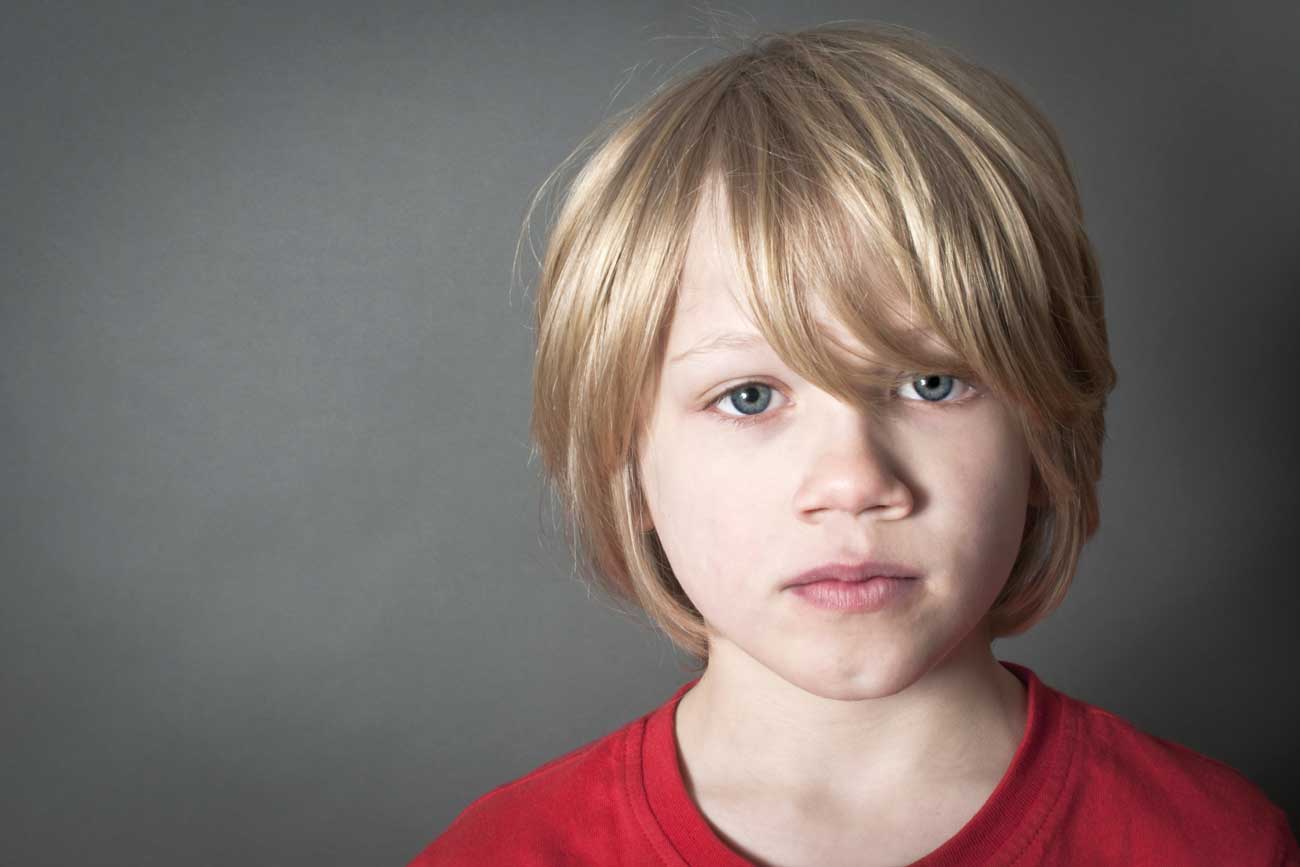
A recent RCH National Child Health Poll found that excessive screen time was the number one child health concern, with 57 per cent of Australian parents rating it as a big problem.
Traditional health concerns for children have dropped to the bottom of the concern list for parents with modifiable lifestyle factors including poor diet, lack of activity and screen time proving to be what worries parents most.
More than 90 per cent of parents reported that excessive screen time was a problem and ranked as the number one health concern across the board according to the latest results from The Royal Children’s Hospital National Child Health Poll.
The latest poll has revealed the top 10 child health problems as identified by Australian parents, from a survey conducted in February 2021.
The poll of 1980 parents of children aged one month to less than 18 years found:
- The number one health concern for parents in 2021 is excessive screen time with more than 90 per cent of parents reporting it was a big problem or somewhat of a problem in the community.
- Cyberbullying and bullying (53 per cent) was the second top health concern parents have for all children, followed by internet safety (52 per cent) with parents reporting these were big problems.
- Lifestyle issues such as unhealthy diets (41 per cent) and lack of physical activity (38 per cent) are listed in the top health problems identified by parents.
- Mental health was a notable concern, with approximately 38 per cent identifying depression or suicide as a big problem for children in the community, with anxiety and depression also listed as common problems
- One in 10 parents report stress and sleep are big problems for their own children.
Dr Margie Danchin, Paediatrician and Acting Poll Director, said the latest results are similar to those from a survey conducted five years ago, and show that too much screen time is a persistent problem.
‘Our lives are saturated by digital screens, and it can be difficult to reduce screen time for children when so much of their education and recreation activities are on these devices, particularly in the year 2020 with home learning the norm. However, if we continue to encourage physical activity and time outdoors, we can reduce screen time and address some of the other concerns of parents, such as lack of physical activity and obesity.’
While parents’ concern around excessive screen time was at similar levels five years ago, internet safety was raised as a big problem by over 50 per cent of parents in this latest poll, reflecting increasing awareness around kids’ safety online.
Along with online behaviour, many of the top 10 health problems were related to lifestyle factors such as sedentary behaviours that can contribute to ill health. Parents recognised the links between these, with parents who reported that lack of physical activity was a big problem were more than six times more likely to identify unhealthy diets as a big problem as well.
The poll also revealed that parents were less likely to report the top health issues as a problem for their own children compared to children in the community.
Over one in three parents noted lack of physical activity and exercise as a big problem for all children, however, only one in eight noted it as a big problem for their own children. Similarly, 41 per cent of parents thought unhealthy diets were a big problem for all children, with only nine per cent of parents seeing it as a big problem for their own children.
‘This latest RCH National Child Health Poll serves as a reminder that we need appropriate supports and programs for parents to ensure children are staying safe, both within the community and online, and keeping active and healthy. We also need to prioritise mental health, build positive relationships and make sure we are checking in with our kids regularly to see how they’re going.’
Tips for parents
- Encouraging time outdoors, physical activity and participation in sport will help to get kids moving, enjoying time with friends and family and away from screens.
- Walking to the shops or school, instead of driving, can be simple ways to help your child be more active each day.
- Parents can take a proactive approach and model healthy eating habits for their children. These habits develop in the early years and can stay with children for life.
- Developing strong and positive relationships with our children can help to build resilience and foster open conversations. Remember to check in regularly with your child to see how they are doing.
About RCH National Child Health Poll
We thank the Royal Children’s Hospital National Child Health Poll for allowing us to repost these findings, which originally appeared on its site here.
The Royal Children’s Hospital (RCH) National Child Health Poll is a quarterly, national survey of Australian households shedding new light on the big issues in contemporary child and adolescent health – as told by the Australian public.
Like this post? Please share using the buttons on this page.
Subscribe to The Parents Website

